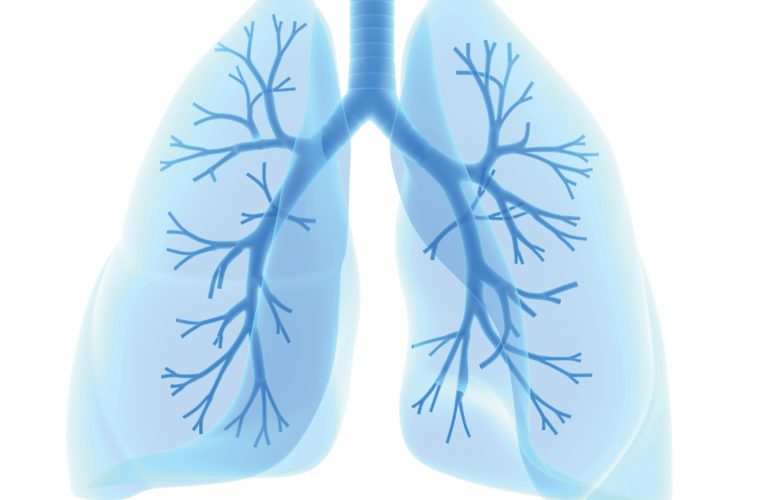Lung cancer is a significant health burden in Scotland. In 2014, approximately 5,300 people were diagnosed and 4,100 people died from the disease – more than breast, colorectal and prostate cancers combined.
The majority of lung cancer patients are diagnosed at an advanced stage and the prognosis for survival in these patients is poor. In fact, in Scotland, only ten per cent of patients diagnosed with lung cancer will survive five years or more.
Now, the Scottish Medicines Consortium (SMC) has recommended the potentially life-extending cancer drug nivolumab to treat Scottish NHS patients with the most common form of advanced lung cancer.
Nivolumab is the first in an innovative class of medicines (PD-1 immune checkpoint inhibitors) for the treatment of lung cancer patients. It has a mode of action that works by harnessing the ability of the immune system to fight this type of advanced lung cancer, as well as advanced forms of kidney cancer and melanoma (a type of skin cancer).
This means that Scottish patients are the first in the UK to be treated with nivolumab on the NHS for locally advanced or metastatic non-squamous non-small cell lung cancer (NSCLC), where the disease has progressed after prior chemotherapy.
The decision also broadens funding for the medicine following the SMC approval of nivolumab for a smaller group of NSCLC patients – those with squamous NSCLC – earlier this year.
‘We are very happy for advanced lung cancer patients in Scotland who will now have the option of treatment with nivolumab on the NHS,’ said Benjamin Hickey, General Manager, Bristol-Myers Squibb UK & Ireland. ‘The SMC has recognised that lung cancer patients are in urgent need of a new treatment option that has the potential to help them live longer and give them more time with their families. However, because the NICE process has been ongoing for many months, NHS patients in England, Northern Ireland and Wales face the desperately unfair situation of not having the same access to nivolumab treatment as those across the border in Scotland. We are exploring all possible options in order to resolve this disparity as soon as possible.’


